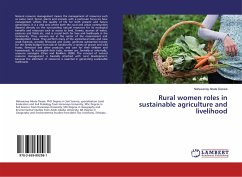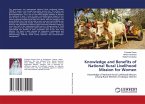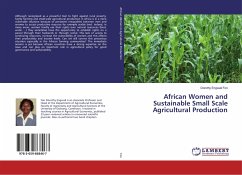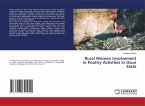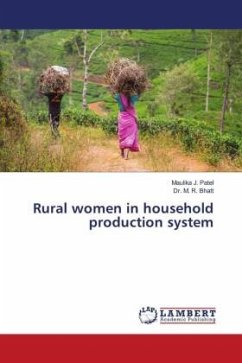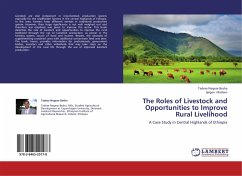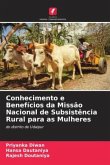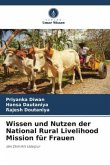Natural resource management means the management of resources such as water, land, forest, plants and animals, with a particular focus on how management affects the quality of life for both present and future generations. It is a vital area where both the rural and urban communities depend directly on the surrounding natural resources for its ecological benefits and resources such as access to land, forests, sources of water, pastures and fields etc. and is crucial both for lives and livelihoods in the community. Thus, women are at the center of the environment and development nexus. They perform many of the agricultural tasks and raise small livestock, provide firewood and water, generate substantial income for the family budget from sale of handicrafts, a variety of grown and wild foods, firewood and other products, and care for their children and homesteads. To accomplish their tasks, women are, formally or informally, resource managers (Chen and Ravillion, 2008). The concept of natural resource management is basically attached with rural development, because the allotment of resources is essential in generating sustainable livelihoods.
Bitte wählen Sie Ihr Anliegen aus.
Rechnungen
Retourenschein anfordern
Bestellstatus
Storno

